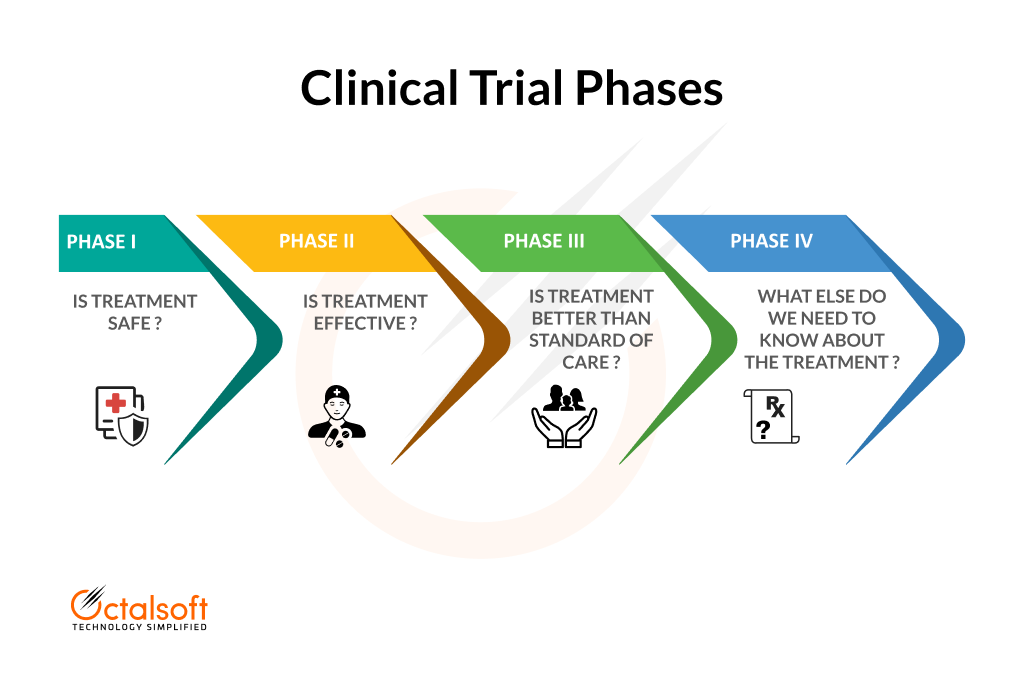In the domain of clinical examination, clinical researchers act as the backbone for the development of new medicines, treatments, and therapies. Be that as it may, as a lot is on the line when human lives are involved, regulatory oversight assumes an essential role in guaranteeing the security, viability, and moral lead of clinical research.
As of late, the scene of regulatory examination has gone through critical development, with a developing accentuation on stricter oversight measures. This shift brings the two difficulties and opens doors for specialists, drug organizations, as well as administrative/ regulatory bodies.
Investigating the Regulatory Scene
Despite the difficulties presented by stricter regulatory oversight, proactive systems can assist specialists and pharma companies with exploring the regulatory scene all the more. Coordinated effort and straightforwardness arise as key standards in encouraging productive associations with administrative organizations.
Dr. Sophia Lee, an regulatory compliance specialist, stresses the significance of early commitment with administrative bodies, expressing, "Looking for administrative direction from the beginning of a clinical trial can prudently address likely worries and smooth out the endorsement cycle. Open correspondence and eagerness to address administrative input exhibit a guarantee to consistency and patient wellbeing."
Putting resources into strong quality administratve frameworks and normalized working strategies is fundamental for keeping up with regulatory compliance all through the trial lifecycle.
The landscape of clinical trials is constantly evolving. As we strive to develop life-changing treatments, the need for robust safeguards for participant safety and data integrity becomes paramount. This translates to stricter regulatory oversight, which can sometimes feel overwhelming for researchers and research teams. However, a shift in perspective reveals stricter regulations not as roadblocks, but as partners in achieving our shared goal – advancing medical science in a responsible and ethical manner.
Understanding the Rationale Behind Stricter Oversight
Let's face it, navigating the complexities of clinical trials requires meticulous attention to detail. Stricter regulations serve a crucial purpose – to ensure the well-being of participants and the validity of research findings. This includes:
- Protecting Participants: By mandating thorough informed consent procedures, stricter regulations empower participants to make informed decisions about their involvement in a trial. Additionally, stringent safety monitoring protocols ensure potential risks are minimized and promptly addressed.
- Ensuring Data Integrity: Data is the cornerstone of clinical research. Stricter regulations regarding data collection, storage, and analysis promote accuracy and transparency. This fosters trust in the research process and allows for a more accurate evaluation of the treatment being investigated.
- Promoting Public Confidence: Stricter regulations enhance the overall credibility of clinical trials. This fosters public trust and encourages greater participation, which is vital for the advancement of medical science.
Ultimately, stricter regulations are not punitive measures, but rather safeguards that contribute to the success of clinical trials.
Strategies for Effective Navigation
So, how can we navigate this evolving regulatory landscape effectively? Here are some practical strategies:
- Early and Ongoing Communication with Regulatory Agencies: Regulatory agencies are valuable allies. Utilize pre-submission consultations and maintain open communication channels throughout the trial. This allows for early identification of potential concerns and ensures your research plan aligns with regulatory requirements.
- Investment in Robust Documentation Practices: Detailed and accurate documentation forms the bedrock of any successful clinical trial. Invest in a centralized document management system to ensure easy accessibility and version control. Remember, clear and concise documentation streamlines the review process and minimizes the risk of delays due to missing information.
- Building a Strong Regulatory Affairs Team: Consider incorporating regulatory expertise into your research team. Regulatory affairs specialists can provide invaluable guidance on navigating complex regulations and ensuring compliance throughout the trial.
- Embracing Technology Solutions: Clinical trial management software (CTMS) can be a game-changer. These tools automate data collection, streamline adverse event reporting, and facilitate communication among stakeholders. Some CTMS platforms even offer built-in features to aid in regulatory compliance.
- Prioritizing Participant Education and Communication: Informed consent is more than just a signed document. Emphasize clear and open communication with participants throughout the trial. Ensure they understand the potential risks and benefits, and empower them to ask questions and voice concerns freely.
- Building Collaborative Relationships: Clinical trials are inherently collaborative endeavors. Foster strong relationships with sponsors, investigators, and other research centers. This collaborative spirit facilitates knowledge-sharing, and problem-solving, and fosters a culture of ethical research conduct.
Maintaining Focus on the Bigger Picture
The pursuit of scientific breakthroughs can sometimes be overshadowed by the complexities of regulations. However, let us not lose sight of the ultimate goal – developing treatments that have the potential to alleviate suffering and improve lives.
- Arun Janardhanan, Senior Project Manager, Octalsoft
While navigating stricter regulations requires dedicated effort, remember that you are not alone. By proactively implementing these strategies and maintaining a collaborative spirit, we can effectively navigate the evolving landscape and usher in a new era of responsible and successful clinical trials.
Conclusion
Stricter regulatory oversight in clinical trials presents an opportunity for the research community to demonstrate its unwavering commitment to participant safety, data integrity, and ethical research practices. By embracing a collaborative approach and leveraging the latest tools and resources, we can transform these regulations from hurdles into stepping stones on the path to medical advancements. Let us continue to strive for excellence, together, ensuring that the journey toward scientific breakthroughs is not just rigorous, but also ethical and responsible.
As we keep on charting new domains in medical care development, the significance of regulatory oversight as a foundation of patient-driven research couldn't possibly be more significant.
But even with perfect regulatory compliance, a clinical trial is incomplete without an efficient eClinical software suite powering it. Experience excellence with Octalsoft’s end-to-end, feature-loaded software solutions ranging from CTMS, to EDC to IWRS and on to ePRO and Portfolio & Project Management tools to name a few. Want to know more about the full extent of software solutions covered by our eClinical suite?



